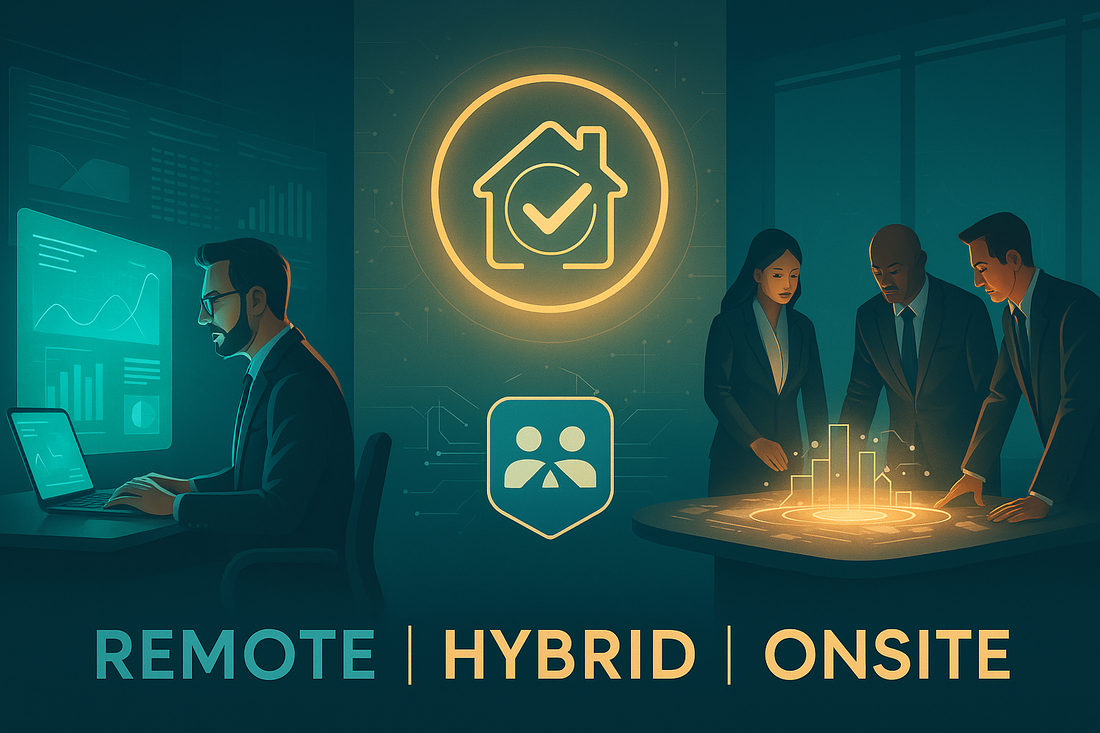
The Future of Work in ERP: Remote, Hybrid, or Onsite?
ERP projects are global by nature, often involving distributed teams, multinational stakeholders, and complex delivery models. But the way ERP professionals work has changed dramatically in recent years. Remote, hybrid, and onsite models all offer benefits — and challenges. The future of ERP delivery lies in finding the balance that drives both productivity and team cohesion.
1. Remote ERP Work: The New Normal?
- Remote ERP delivery has expanded access to global talent pools.
- Cost savings and flexibility benefit both clients and consultants.
- Challenges include collaboration fatigue, time zone coordination, and reduced face-to-face bonding.
2. Hybrid Models: The Middle Ground
- Many ERP programs are adopting hybrid models with consultants working remotely for most tasks but gathering onsite for key workshops, testing, and go-lives.
- Hybrid offers efficiency without losing the human element.
3. The Case for Onsite Work
- Onsite presence fosters trust, cultural alignment, and faster problem-solving.
- Critical milestones (blueprint workshops, integration testing, cutovers) still benefit from physical presence.
4. What the Future Holds
- The ERP workforce is likely to remain hybrid-first.
- Organizations that master digital collaboration tools while knowing when to bring people together physically will set the benchmark for ERP project success.
Conclusion
Remote, hybrid, or onsite — there’s no one-size-fits-all. The future of ERP work will be defined by flexibility, intentional collaboration, and the ability to blend technology with human connection.
